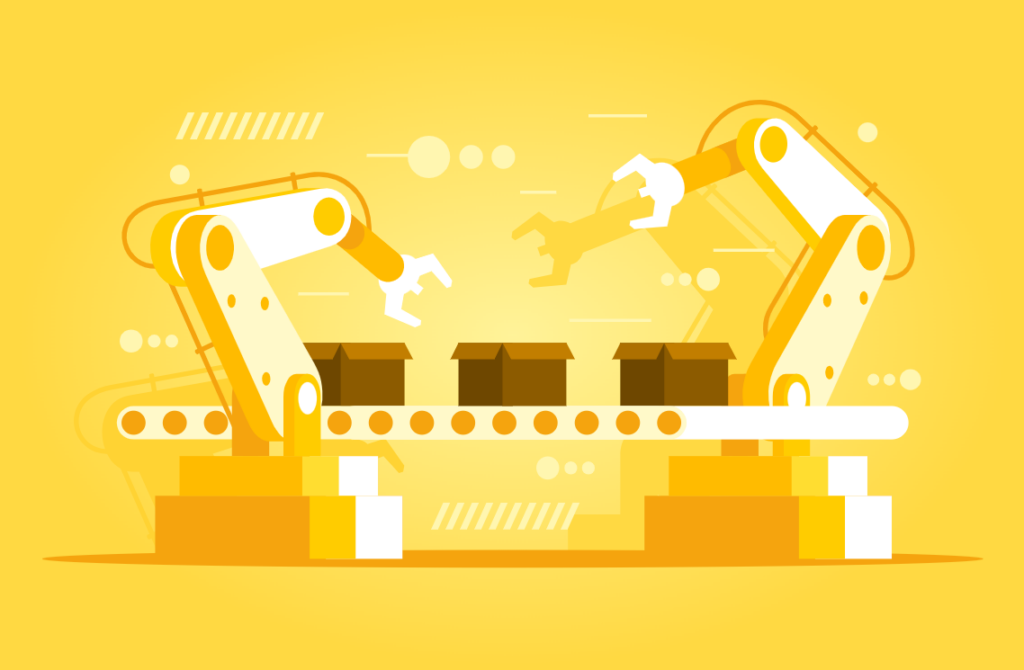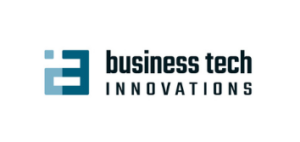
In the era of rapid technological advancement, automation has emerged as a transformative force across industries, promising increased efficiency, precision, and innovation. However, with its remarkable potential come profound ethical considerations. This article delves into the intricate web of ethical challenges presented by automation, particularly focusing on the social and economic dimensions. It emphasizes the urgency of adopting responsible practices and strategies to navigate this evolving landscape.
The Promise and Perils of Automation
Automation’s allure lies in its ability to optimize processes, reduce errors, and unlock novel solutions. Industries are embracing automation to reach new levels of productivity and broaden their horizons. Amidst these advancements, though, lurk potential pitfalls that demand careful examination. The juxtaposition of streamlined operations and potential job displacement, the concentration of power within tech giants, and the erosion of job security underscore the complex ethical terrain that automation navigates.
The Impact on Employment and Labor Markets
At the core of the ethical discourse surrounding automation is its impact on the workforce and labor markets. While machines take over routine tasks, concerns loom over the fate of human workers, income inequality, and the transformation of traditional career trajectories. The paradigm shift from human labor to machine labor necessitates concerted efforts towards reskilling and retraining, ensuring workers are equipped to transition into emerging roles. Balancing efficiency-driven automation with the preservation of livelihoods is a moral imperative that industries must address.
In response to these challenges, companies are exploring innovative approaches to reskilling. Collaborations between industry, educational institutions, and government agencies are yielding tailored programs that equip workers with the skills needed to thrive in the evolving landscape. By investing in upskilling initiatives, companies are not only addressing the ethical concerns of automation but also fostering a workforce prepared for the digital age.
Social Inclusion and The Technological Divide
As automation gains momentum, it bears the potential to exacerbate existing social disparities. The digital divide, characterized by unequal access to technology and digital literacy, could widen further if automation is not democratized. Ensuring automation’s benefits extend to all segments of society mandates initiatives that bridge technological gaps, grant equitable access to training, and facilitate the participation of marginalized communities in the digital economy. The ethical obligation lies in preventing automation from inadvertently perpetuating inequality.
To tackle this challenge, public-private partnerships are emerging to bridge the digital divide. Collaborations between technology companies, nonprofits, and governments are aiming to provide technology access, digital literacy training, and resources to underserved communities. By narrowing the technological gap, these initiatives are not only ethically imperative but pivotal for creating a more inclusive and equitable digital future.

Data Privacy and Algorithmic Bias
The bedrock of automation rests on data-driven decision-making and algorithms. However, this foundation introduces ethical complexities involving data privacy and algorithmic bias. The aggregation and utilization of personal data for automation purposes raises concerns about consent, security, and the potential for unwarranted surveillance. Automated systems inadvertently perpetuate discriminatory practices. This underscores the urgency of transparency, accountability, and rigorous oversight to ensure equitable outcomes.
To mitigate data privacy concerns, regulatory frameworks and standards are being developed to govern the collection, storage, and usage of personal data in automated systems. Initiatives such as the General Data Protection Regulation (GDPR) are setting guidelines that prioritize user consent, data security, and individual rights. Furthermore, organizations are exploring privacy-enhancing technologies that enable data-driven innovation while preserving individuals’ rights to privacy.
Responsible Design and Ethical Frameworks
Meeting the ethical challenges of automation requires a proactive stance. Responsible design of automation systems demands anticipatory consideration of potential social and economic consequences. Ethical frameworks, grounded in principles of fairness, transparency, and human-centered design, serve as guiding beacons for the development and deployment of automation technologies. Collaboration among technologists, ethicists, policymakers, and stakeholders is indispensable to forge a harmonious integration of automation into society.
As part of this ethical transformation, cross-disciplinary collaborations are fostering innovative approaches to responsible automation. Ethicists, engineers, and social scientists are working together to embed ethical considerations into the design phase of automation technologies. By implementing “ethics by design” principles, companies are not only enhancing the societal impact of automation but also demonstrating a commitment to ethical excellence.
Charting an Ethical Course
As we stand at the crossroads of automation’s ascent, ethical considerations must not be overshadowed by the allure of technological progress. Striking equilibrium between automation’s merits and its social and economic impacts is an ethical imperative. Fostering a culture of responsible innovation, nurturing inclusivity, and upholding human values are central to steering automation’s potential towards the collective good. By navigating the uncharted waters of automation with mindfulness and prudence, we can steer its impact towards a future aligned with our shared ethical values. The choices made today will shape the trajectory of automation’s influence on society for generations to come.




